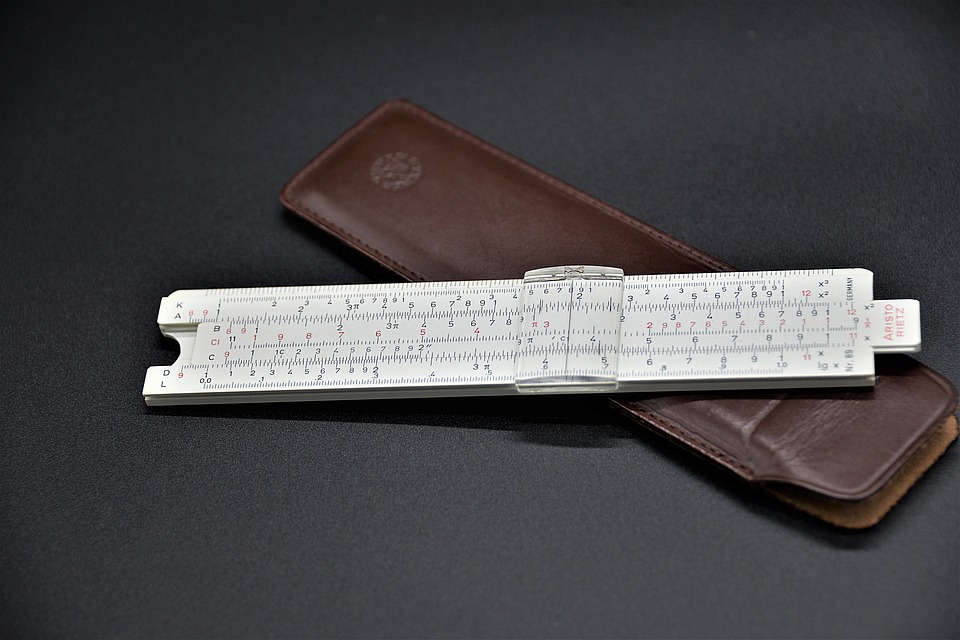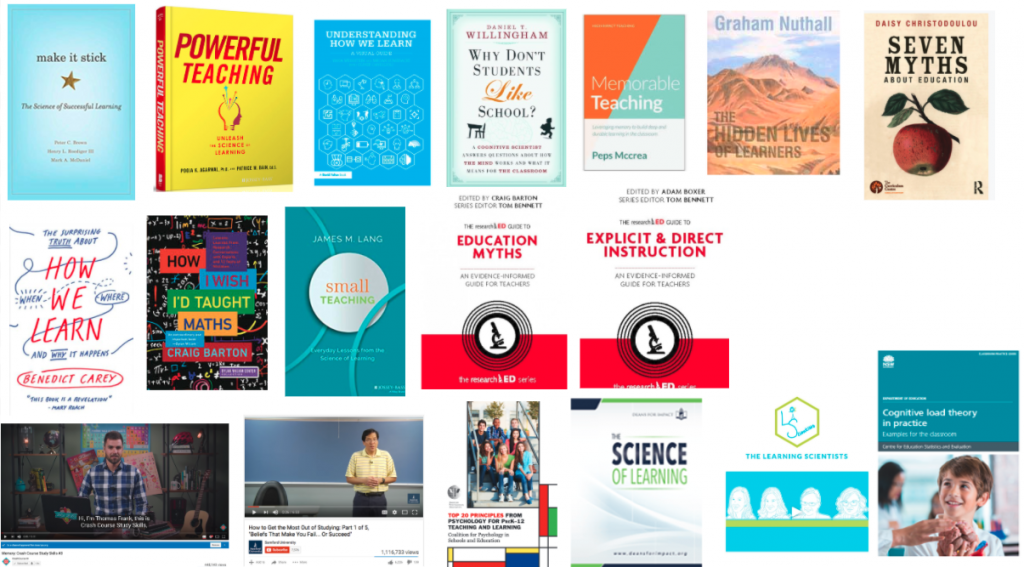
During a meeting last week, someone repeated the phrase “What gets measured gets taught.” Many people in the meeting nodded along, indicating their agreement with this currently-accepted truth about teaching and schools. My guess is that the intent of this phrase is to emphasize the importance of assessment, and to acknowledge that curriculum areas, standards, etc. that are included in large-scale assessments get more emphasis in classrooms.
There’s some truth in that. The curriculum area I work with most often, Social Studies, isn’t included in our end of year statewide test (thank goodness – I don’t think there’s a great way to assess a lot of what needs to happen in social studies classes on a large-scale test). Because social studies isn’t included in the statewide exam, the number of minutes spent on social studies instruction in many districts has gone down over time. So in this sense, “what gets taught” got influenced by “what is tested.” Most teachers and administrators I know regret this impact. I’m glad that my school district has resisted this trend more than many other districts, and we should all resist this trend. Large-scale testing can’t include many, many important learning goals (and entire curriculum areas), and districts should try to resist letting the end of year test have an inappropriately loud voice in discussions about what students need to learn.
There’s another (more grim and depressing) way to interpret the phrase “what gets measured gets taught.” I fear some people interpret the phrase to mean “If you can’t measure it, it doesn’t belong in your classroom.” This interpretation leads to outcomes none of us want, I suspect. Think about everything you want to learn, and you want your kids to learn, that we can’t measure well. Think about your most important teachers and what you learned from them. Think about the kind of teachers and classrooms you want for your kids or the other young people you know and love. Think about what you learned with your favorite teachers, and what you want other students to learn. How much of all that “got measured?” How much can be measured? Many important learning goals can be “measured”: feedback about the quality of your writing, speaking, and thinking is important and helps us get better. But I bet you can think of many, many examples of learning that can’t be measured. You want classrooms to be inspiring, to help make sense of our inner world, to help us uncover important truths about ourselves. I hope you experienced moments of revelation in a class with a favorite teacher. And I bet that didn’t get measured.
Assessment, feedback, and evaluation can be a useful (maybe even vital) part of teaching and learning. But some of the most interactions and events in classrooms can’t (and shouldn’t) be measured. The next time you hear someone say “what gets measured gets taught,” you may want to talk with that person about what they mean. In the end, I bet none of us want the goals of classrooms to be restricted to only measurable experiences.
(photo credit: https://pixabay.com/photos/slide-rule-computing-device-3499408/ – labelled for reuse – creative commons)
